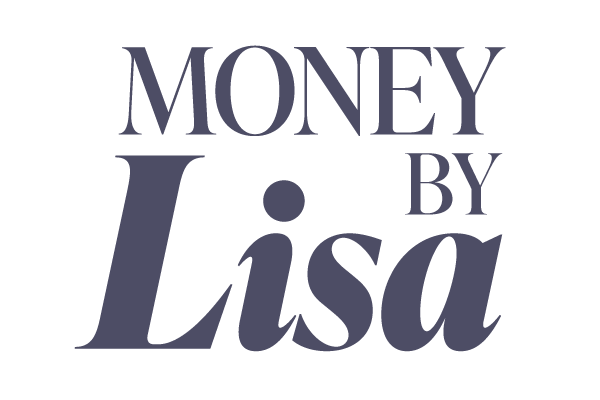There is a Season (Turn, turn, turn)
Let’s start with a riddle: What is a personal finance maxim that is always true, but not true all of the time?
You should contribute the maximum amount permissible to a tax-advantaged retirement account, be it a 401(k) or similar workplace plan, or an IRA.
You should always pay more than the minimum owed on your credit card.
It is hard to argue with either statement. But I will (a bit).
As Bob Hope famously said, the difference between a good joke and a bad joke is timing. And so it is with personal finance. The “right” thing to do is usually well known; the trick is knowing when to do it. In personal finance, any “should do” must be followed with the question, “Should I do it now?”
If you have an unexpected expense — and you surely will — you won’t gain any pleasure from having virtuously paid extra on your Visa card last month, only to be left with $50 in the bank today. Maxing out your 401(k) while leaving yourself exposed to monstrous medical bills because you failed to adequately fund your Health Savings Account (HSA) doesn’t make much sense.
You will go through seasons in your financial life, regularly changing your first-priority goals along the way. There is a natural sequence of personal finance priorities: build cash savings first (including your HSA if you have a high-deductible health plan), then debt repayment, then long term investment.
You don’t have to attempt to do everything all at once; you cannot fight all of your personal finance battles at the same time.
Except.
By definition, prioritizing one thing means deprioritizing something else. And that comes with an opportunity cost i.e. the price of the road not taken. In the case of investing, when you wait, you give up your most valuable advantage, which is time. For that reason, I do not believe that you should hold off on investing until every last dollar of debt is repaid. That doesn’t work from a human behavior standpoint or even mathematics in many cases. For a time, you may have to fight on two fronts simultaneously, striking a balance between addressing your past (debt) and honoring your future (long term investment).
Like a hot October or a cold May, sometimes seasons overlap a bit.
(Hey, I’d love to be in touch with you regularly. My free newsletter contains this blog, as well as other articles by myself and others. Please consider subscribing by visiting the MoneyByLisa home page.)
